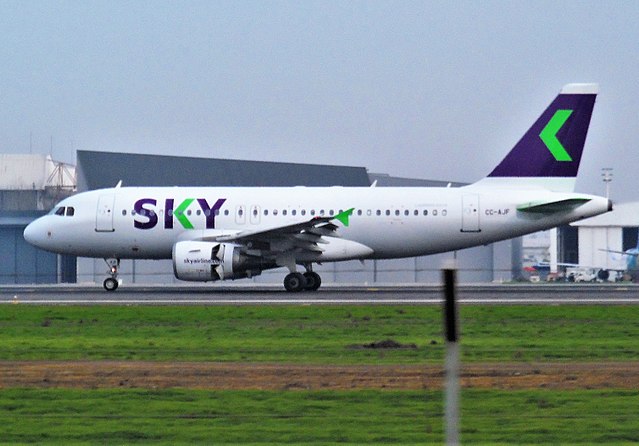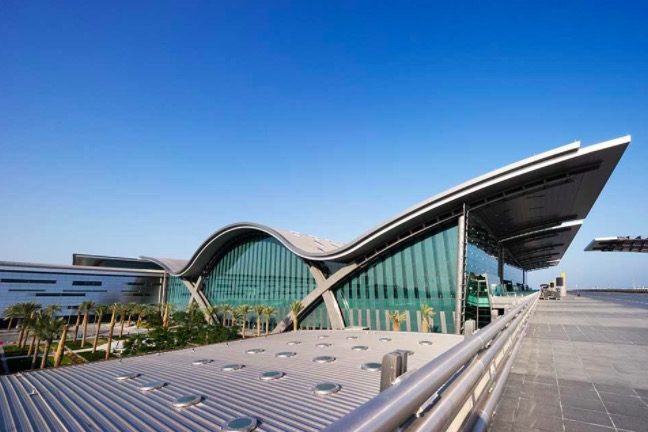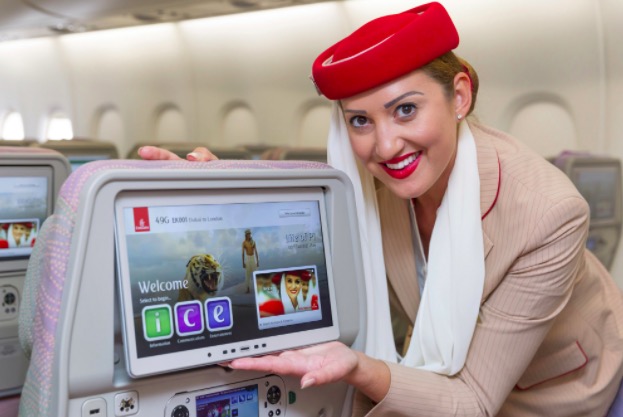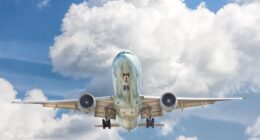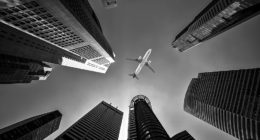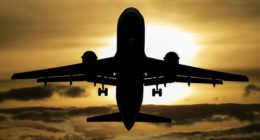As the world braces for more coronavirus-related havoc, the airline industry is facing one of the most difficult, if not the most serious, crisis in its history. Airlines have to double down on their hygiene procedures, both on the ground and in the air, while facing the consequences of a huge drop in demand amidst travel restrictions.
Protecting travellers and staff
Flight attendants are particularly exposed to the risk of coronavirus transmission. The International Air Transport Association (IATA) has published a list of recommendations that airlines should follow in order to combat the spread of the virus and protect both travellers and flight attendants. The list includes temperatures screening, disinfecting aircraft and allowing cabin crew to wear protective masks.
Ramping up hygiene efforts
Airlines have been reviewing their cleaning processes in light of the high infectious rate of the coronavirus.
Delta, for example, has made hand sanitiser dispensers available at check-in counters and gates.
As reported by USA Today, JetBlue said that “every piece” of its aircrafts would be deep-cleaned, including walls and ceilings.
Qatar Airways, one of the world’s cleanest airlines according to Skytrax, has announced the replacement of the buffet in its lounges with single-serve prepared meals, as well as the use of disposable cutlery.
Southwest told CNN its aircraft undergo “regular cleanings between flights and a comprehensive cleaning when aircraft are parked overnight.”
Protective masks
Airlines from exposed countries have allowed their cabin crews to wear protective masks as a precautionary measure. Some airlines made it mandatory.
Earlier on this month, Singapore Airlines announced it would temporarily require all of its cabin crew to wear surgical masks on board.
Appears to be full flight @SingaporeAir bound from #Bangkok #Thailand to #Singapore scheduled to arrive at about 715pm Singapore time. Am told business class has no empty seats too. #SQ flight attendants in #masks since airline instruction a week ago due to #COVID19 #Coronavirus pic.twitter.com/dHLPdKT3xk
— May Wong (@MayWongCNA) March 16, 2020
Two days ago, following the steps of Delta and United, American Airlines decided to allow flight attendants to wear protective masks, backing down on a previous ban. Flight attendants are expected to bring their own masks and the measure is not mandatory.
“Starting today, flight attendants may wear face masks during all phases of flight, regardless of destination”, said Jill Surdek, Vice President of Customer Planning at American Airlines in a note sent to flight attendants.
Alitalia now enforces the wearing of protective masks not only by cabin crew but by all passengers on board, unless sufficient interpersonal spacing can be maintained. Taiwanese airlines China Airlines and Eva Air also require passengers to wear a mask during the flight.
Japan Airlines has asked its cabin crew to wear face masks on international and domestic flights.
Social distancing
As governments and health authorities around the world urge people to apply social distancing, some airlines are blocking seats to maintain a distance of at least 1 meter (about 3 ft) between passengers. Airlines have experienced a huge drop in demand for travel since the beginning of the coronavirus outbreak, so this measure doesn’t require them to operate additional flights.
Air New Zealand has announced it would ask passengers to sit apart in order to maintain sufficient distance between passengers.
Cathay Pacific and Virgin Australia made it optional for passengers to have a vacant seat next to them.
Controversies
The union of Air Canada, which represents flight attendants of Air Canada and Air Canada Rouge, has voiced its concerns over the airline’s handling of the crisis. According to the Guardian, the airline “is not doing enough to inform customers and staff of their exposure to passengers infected with Covid-19”.
Meanwhile, as reported by aviation analyst Alex Macheras, Emirates recently asked all of its cabin crew to undergo health screening. As a result of the measure, cabin crew employees were greeted with hours-long airport lines as they were waiting to get screened. The dense crowds came despite health authorities urging people to engage in social distancing to curb the spread of the coronavirus.
Where is the social-distancing in this passenger arrivals area at Dubai International Airport? All @Emirates crew must undergo thermal screening…but this level of crowding is surely against all recent health guidelines? ⚠️ pic.twitter.com/mFrxbszXiK
— Alex Macheras (@AlexInAir) March 22, 2020
Airlines are waiving flight change fees
Most major airlines have decided to amend their policies with regards to change fees. Among the airlines that allow you to postpone a flight without incurring any change fee:
- Air Canada
- American Airlines
- British Airways
- EasyJet
- Emirates
- Etihad
- KLM/Air France
- Lufthansa Group
- Qatar Airways
- United
- Turkish Airlines
- Virgin Atlantic
- WestJet
Most airlines apply restrictive policies for rebooking purposes, forcing travellers to postpone their trips within specific dates ranges, according to the original booking date.
Coronavirus could cost up to $113 billion
By now, most countries have imposed travel restrictions due to the coronavirus. According to the International Air Transport Association (IATA), the coronavirus crisis could cost airlines up to $113 billion, depending on the severity of the scenario. This colossal figure excludes the shortfall created by the drop in cargo traffic.
“The turn of events as a result of [the coronavirus] is almost without precedent. In little over two months, the industry’s prospects in much of the world have taken a dramatic turn for the worse,” said Alexandre de Juniac, the CEO of the industry group, said in a statement.
Airline executives are racing to cut costs as coronavirus spreads, raising concern about lower demand for travel that is sending shares to lows not seen in years.
Will smaller airlines disappear?
On March 5th 2020, the coronavirus dealt the final blow to British airline Flybe after it failed to secure a bailout from the British government. This is the first significant corporate casualty from the coronavirus. Traditionally, the start of the year is a critical period for airlines, as travellers arrange their travel plans for the summer. If the coronavirus crisis persists, many smaller airlines will face financial difficulties and are likely to disappear or be acquired by larger airlines.
Job cuts expected at large airlines
Large airlines will also feel the pinch. British Airways has announced that it would make job cuts among its 45,000 employees, after being forced to ground a record-level number of planes.
Low-cost airline Norwegian Air, which faces a huge debt-burden, announced it would suspend half of its staff, albeit temporarily.
KLM plans to cut 2,000 jobs among its 33,000 employees, and reduce working hours by one-third.
Germany’s Lufthansa was forced to cancel 23000 flights between March 29th and April 24th. It confirmed it won’t distribute any dividend to its shareholder for year 2019 and is considering asking for government support.
Read the following list of articles to find out about job cuts at major airlines.

Based in Barcelona when she’s not traveling, Jen is a travel blogger and photographer. She loves inspiring people to travel and discover the world. An ex-flight attendant, Jen has expertise in the airline industry.


